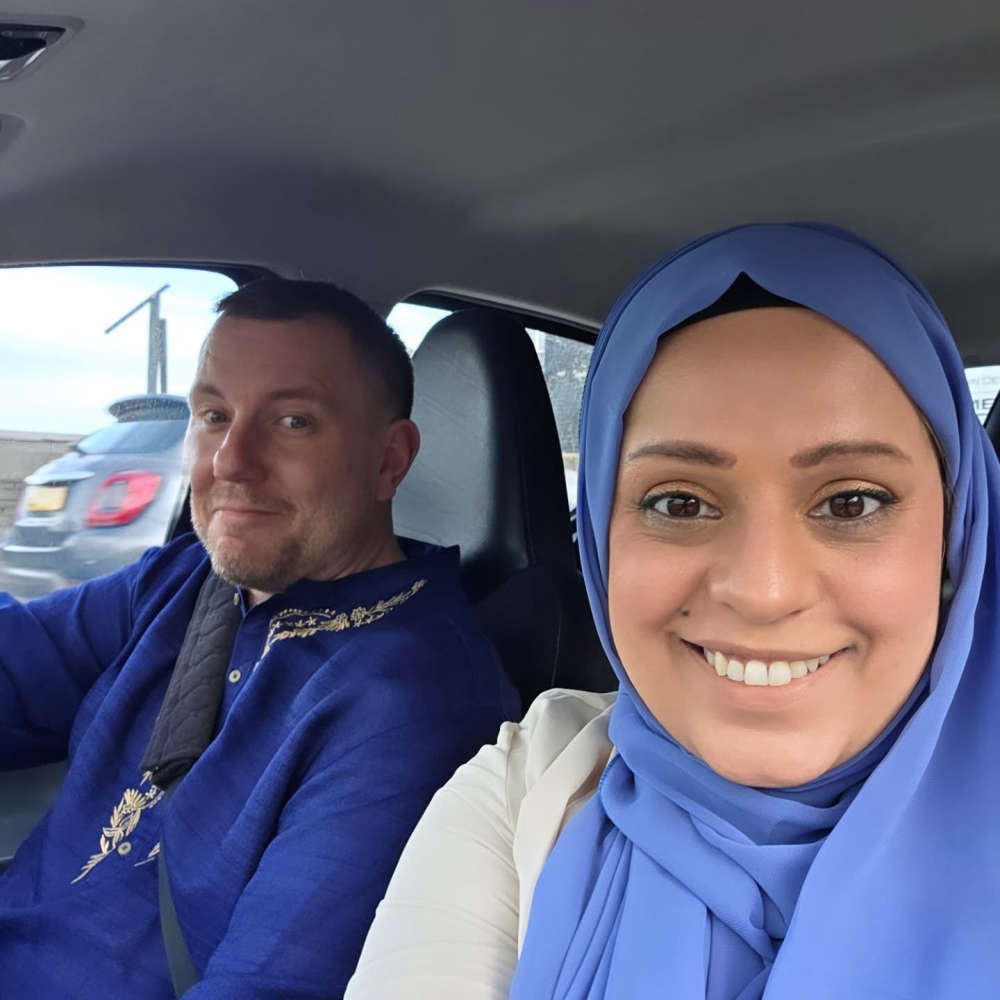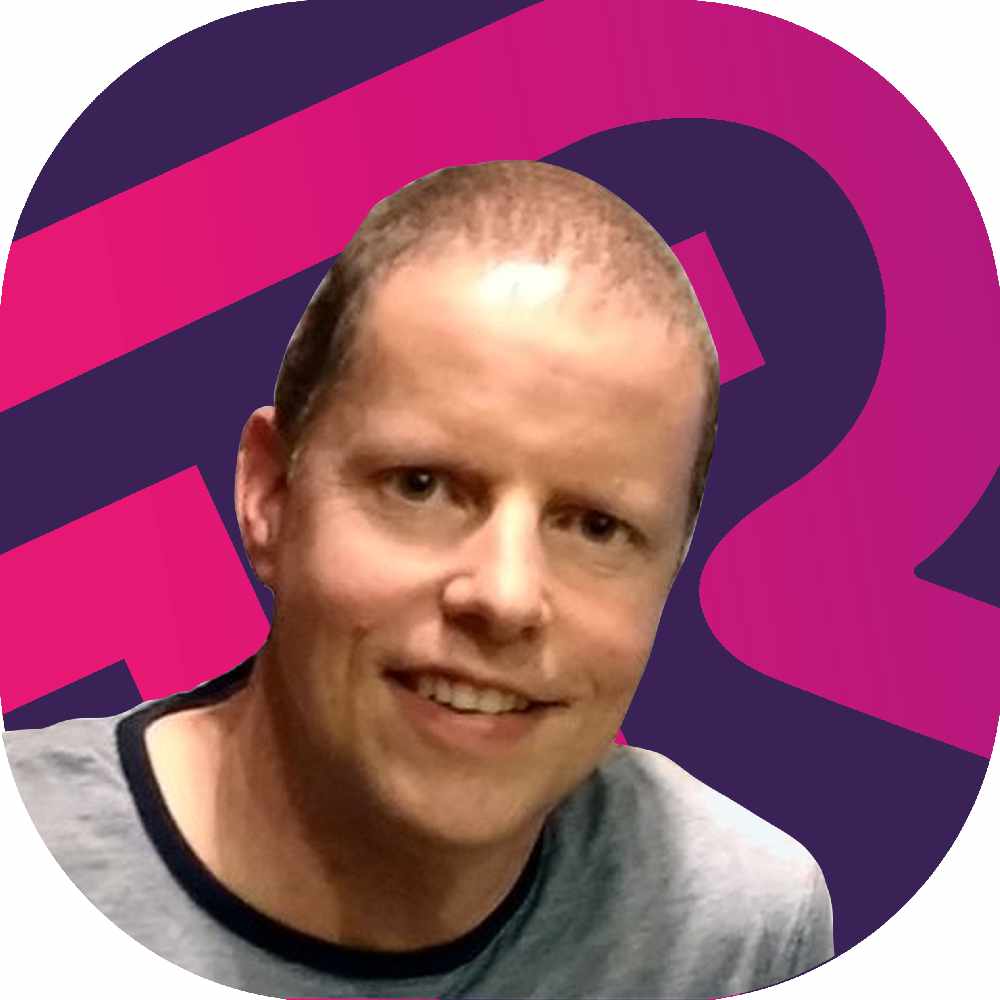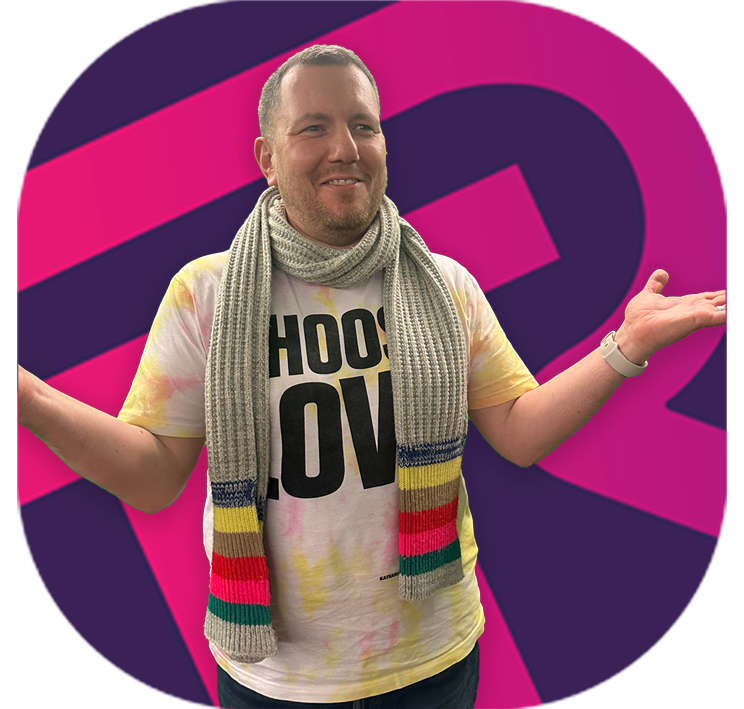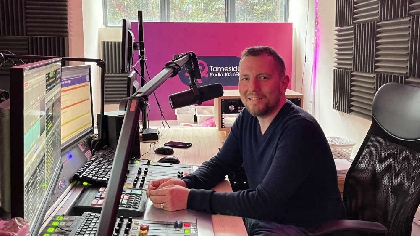
Eid Mubarak! But what are Ramadhan and Eid all about?
Being a second-generation Muslim immigrant born in Yorkshire to parents who originate from Pakistan, over the years I have had friends and colleagues ask what Ramadhan and Eid is. It's a question I should be able to answer with ease, you would think. However, I found this a tricky question to answer, given that I had huge gaps in my knowledge and only knew what was passed down and subsequently lost in translation. You see, my generation have a unique challenge trying to balance the culture and religion we are born into and the culture of the country we were born and reside in.
I feel I have failed with striking a balance. Instead, I have spent the last 45 years living a life without understanding Islam or living as a practicing Muslim. Just saying this breaks my heart, as I have always felt a piece of my identity was missing, and the Quaran (the holy book) holds information on navigating all aspects of life. This is my attempt in trying to finally answer the question ‘What is Ramadhan and Eid?’ This is also a good test for me, given I have spent the past few months making a real effort to learn about Islam, enabling me to reconnect with my faith.
Eid al-Fitr is a celebration (a bit like Christmas) where family and friends come together and share food. Eid marks the end of Ramadhan - a month of dry fasting where we do not consume any food or drink between sunrise and sunset. Yes, not even water. Ramadhan is one of the five pillars of Islam, so necessary for all Muslims who can take part. Alongside fasting we also perform regular daily prayers, read the Quaran, we are thankful for what we have, we give to charity (another pillar of Islam) and reflect on our lives. It is a time for Muslims to reconnect with their faith, especially as we live busy lives in our fast-paced modern society. It is also a time to break unhealthy habits and create good ones that should stay with you after the period of Ramadhan.
For me, this year was a special one. Having spent a couple of years living in fear due to a personal situation that I had no control over, I tried various things to try and ease my anxiety, including self- help books, medication, and counselling. Nothing seemed to work, so I decided to learn about Islam by reading as much as possible, including an English translation of the Quaran that my mum bought me. This was the best thing I have ever done.
Taking part in Ramadhan this year gave me the peace I have been craving. I learnt how to pray using a guided prayer mat, and I have taken the time to really understand the key messages of the Quaran. There is even a chapter about Mary (Mariyam), the mother of Jesus who is described as one of the phenomenal women in Islam. I also discovered that as Muslims we believe in prophets such as Jesus, Moses and others who came before Mohammed (peace and blessings be upon them all).
I am married to Alex Cann, who is a white Anglo-Saxon from York who does not follow any religion but is open to all if it involves goodness. I am lucky that my husband has a beautiful soul and has been incredibly supportive and encouraging of me rediscovering my faith and religion. Alex has listened to me as I have been on this journey learning about the true beauty of Islam that sadly has been distorted in the media for years. I hope Alex has been supportive because he loves me, but it might have something to do with how much he loves Eid celebrations and how much my mum loves him joining the family.
Eid al-Fitr is a day of joy, unity, and gratitude. We gather with loved ones, wear new clothes, give presents and money, we eat food together and share what we have with those around us. If you live amongst Muslims, you might get a knock at the door where a plate of delicious food greets you. As a child I loved being the main helper. When it came to going to the neighbours to give them food, I would greet them with a huge smile, and they would smile back. It was a wonderful feeling.
Ramahan and Eid are spiritual experiences. Eid Mubarak.


 Alex B Cann Column - 26th March 2025
Alex B Cann Column - 26th March 2025
 Alex Cann's weekly blog - 9th January
Alex Cann's weekly blog - 9th January

